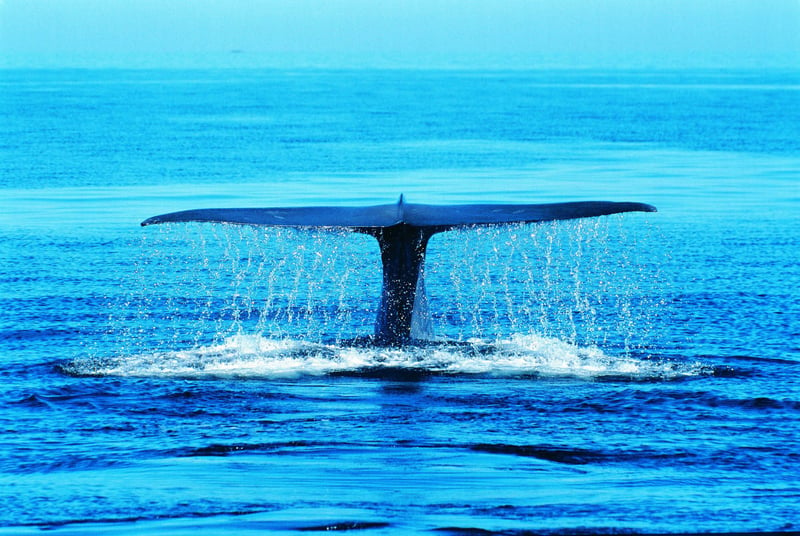
Why the Global Ghost Gear Initiative is key to protecting sea animals
News
Pressure is growing for countries to reduce marine pollution and meet their United Nations commitments. The Global Ghost Gear Initiative can help countries find practical solutions.
Lost and abandoned fishing gear, known as ‘ghost gear’, is a growing global problem. It traps, injures and kills thousands of whales, turtles, seals and other marine animals every year.
It also damages vulnerable ecosystems, contributes to declining fish stocks and once broken down, can even enter our food chain.
Ghost gear is one of the most potent threats to marine animals and has caused a 10% decline in fish stocks globally.
In 2015, the United Nations (UN)established 17 ambitious global targets, known as the Sustainable Development Goals (SDGs).
Goal 14 is entirely focused on our oceans. The first target under this goal concentrates on marine pollution and calls for a significant reduction of marine pollution of all kinds, including ghost gear by 2025.
The first ever UN Oceans Conference will take place in New York in June 2017. The aim of the event is to turn Goal 14 into tangible, positive change for our oceans and the life within them. That’s where we come in.
GGGI helps drive solutions
Funded two years ago by World Animal Protection, the GGGI is an alliance of non-government organisations, academics and fishing industry leaders that aim to reduce the amount of ghost gear in the oceans. The GGGI and believe it is key to realising Goal 14’s targets.
The GGGI’s contribution to these global UN targets will help end the suffering of hundreds of thousands of marine animals affected by ghost gear every year, by:
- supporting preventative measures to help stop fishing gear ending up in our oceans. This includes making port reception facilities available, and ensuring harmful subsidies are turned into positive incentives for the fishing industry
- championing the uptake of the GGGI’s best practice framework so that seafood companies start making positive changes in their supply chains
- encouraging removal action of ghost gear from our oceans
- contributing to a global understanding of the scale and severity of the ghost gear problem, by sharing data with the GGGI
- support the training national or regional authorities on the disentanglement of marine animals, including iconic species such as turtles, whales and seals
- pledging support for and voluntary contributions to the International Whaling Commission, which rescues entangled whales.
We must act now
Over the coming months, we hope as many countries as possible will join our effort to rid oceans of ghost gear and prevent more nets from being lost, abandoned or discarded.
At the UN Conference in June, we will present the GGGI as a key partner in helping countries to meet their commitments under SDG 14.
By:
Ingrid Giskes, Head of Campaign – Sea Change at World Animal Protection
Find out more about our Sea Change campaign, and the work we do to protect marine life.
Ghost gear is one of the most potent threats to marine animals and has caused a 10% decline in fish stocks globally.